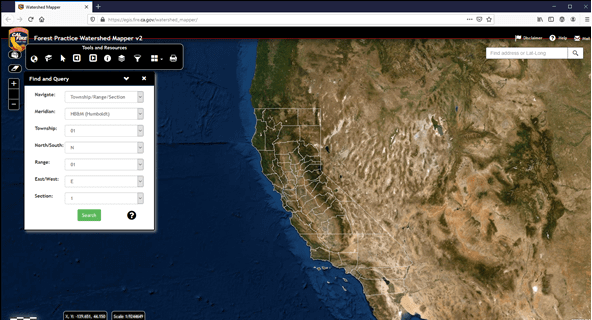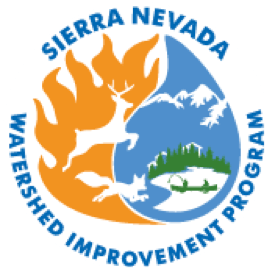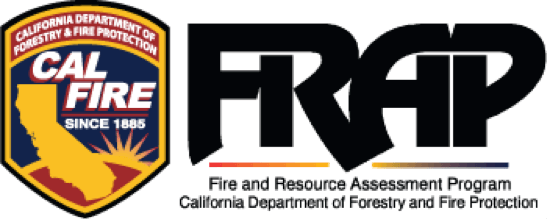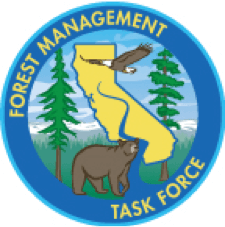The Alliance works to support and restore healthy forest ecosystems and protect them from the threats of development, wildfire, and disease.
Our Work on Forestry Issues
- Sierra Corps Forestry Fellowship Program
Places Fellows with conservation organizations throughout the Sierra to implement impactful forest restoration projects and planning efforts. Through this program the Alliance develops conservation capacity and future leaders in the Sierra. - Advocating on Behalf of the Sierra
Ensuring the region receives funding for forest restoration work from statewide bonds and in the state budget.

The Forests of the Sierra are in Peril
As one of the State’s most valuable and vulnerable natural resources we must take action now to conserve and restore our critical forested ecosystems.
60%
California’s water supply provided by Sierra Nevada forests.
500+
Species of plants and animals found in the Sierra Nevada
5X
Forest density compared to historic levels
Threatened Communities
Numerous rural communities in the Sierra depend on recreation and natural resource economies that are in danger of wildfire decimation.
Heightened Risk Levels
Most of the forests within the Sierra Nevada range are within Tier 2 or Tier 3 CPUC fire-threat areas as well as areas of high tree mortality.
Increasing Forest Density
From 2014 to 2016 tree mortality increased from 3.3 million dead trees statewide to 62 million dead trees state wide with 95% of those in the Sierra.
These conditions present a need to increase the pace and scale of forest restoration to protect residential, recreational, and ecological resources.
Solutions
- Increase pace and scale of forest restoration
- Develop and expand workforce to implement and plan forest restoration
- Biomass utilization
- Smart development planning
- Reduce climate change impacts
Additional Resources
Forest Practice Watershed Mapper by CalFire
The Forest Practice Watershed Mapper allows users to identify the status of a specific planning watershed in accordance with the Anadromous Salmonid Protection (ASP) Rules, which require that every timber operation contribute to salmonid habitat restoration.
The viewer displays timber harvesting activities at the planning watershed level to provide information on past and present timber harvesting activities.
California Tree Mortality Viewer
Five long years of drought, combined with the increased infestation of native bark beetles as a result of the drought, have contributed to the death of millions of trees on federal, state, and private lands across California. As a result, California is now facing the worst epidemic of tree mortality in modern history.
This viewer is brought to you by a subgroup of the Tree Mortality Task Force (TMTF). The TMTF is comprised of multiple agencies, entities and stakeholders working together to address the Tree Mortality crisis. The viewer includes various layers related to the tree mortality problem, including ADS data (depicting areas of dead trees), High Hazard Zones, tree removal projects, and more.






